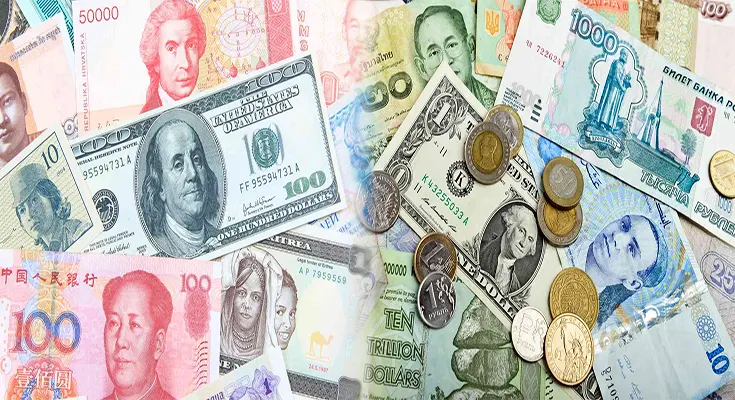
The History and Evolution of Money in Economics
Money, as we know it today, plays a crucial role in the functioning of economies worldwide. Its history and evolution have been shaped by various factors, from early barter systems to the introduction of digital currencies. In this article, we will delve into the fascinating journey of money in economics.
Barter System and the Birth of Money
Before the concept of money was established, societies relied on the barter system to facilitate trade. Individuals exchanged goods and services directly, without the need for a common medium of exchange. While this system enabled transactions to occur, it was limited by the double coincidence of wants, where both parties had to desire each other’s goods or services.
To overcome the inefficiencies of bartering, early civilizations began using commodities such as shells, salt, and livestock as a medium of exchange. These items held intrinsic value and were widely accepted within communities, serving as …
The History and Evolution of Money in Economics Read More




